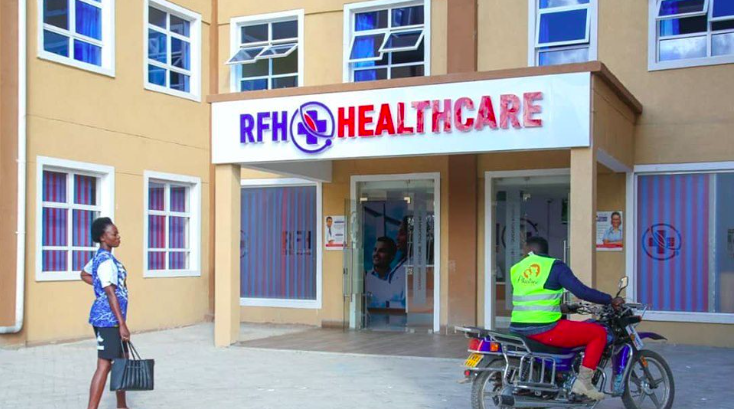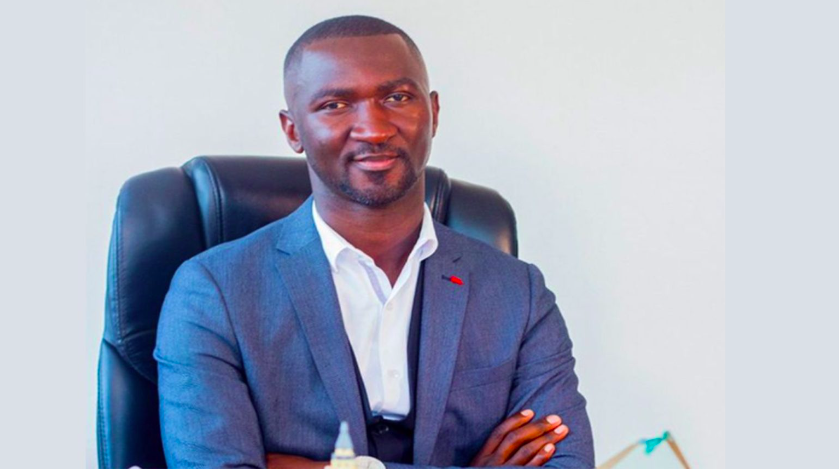 RFH Healthcare flagship hospital in Ruai.
RFH Healthcare flagship hospital in Ruai.
Unlike regular treatments like chemotherapy, which can affect the whole body, Lutetium therapy is more precise. It is administered through a vein (like a drip). It travels through the blood directly to the cancer cells and damages them from the inside, causing fewer side effects.
“Our commitment is to ensure that patients across Africa can access world-class treatment without having to leave the continent,” said Dr Maxwel Okoth, Managing Director of RFH Healthcare. “With Lutetium therapy now available locally, we are not only saving lives, but also rewriting the future of cancer care in Africa.”
 Dr Maxwel Okoth, Managing Director of RFH
Healthcare.
Dr Maxwel Okoth, Managing Director of RFH
Healthcare.
Until now, patients in Kenya needed to travel abroad to get this treatment.
RFH has some of the most advanced technology in the region, including machines like the PET-CT and SPECT-CT scanners at its Cancer Treatment Centre within the flagship hospital in Ruai, near Nairobi.
It has 11 branches and provides specialised services across Nairobi, Kiambu, and Machakos counties.
The PET-CT and SPECT-CT scanners were installed late last year.
Andre Lourens, a Molecular Imaging Application specialist from GE Healthcare Africa, who oversaw the installation, said: “The PET-CT and SPECT-CT scanners are not only pivotal in cancer diagnosis and treatment but also play crucial roles in cardiac and brain imaging. Each machine can efficiently serve 10-15 patients daily, ensuring more patients receive timely and accurate diagnostics.”
Maxwell Songa, Nuclear Medical Physicist at RFH, emphasised the significant impact the machines would have.
“Patients who previously had to travel abroad for PET-CT or SPECT-CT scans can now access these services locally. The acquisition of this advanced technology will reduce waiting times to just one week, allowing us to perform diagnosis, staging, restaging, and monitoring with unparalleled precision,” Songa said.
He added that RFH stands as the first facility in Kenya and East Africa to provide targeted therapy for prostate cancer patients using the cutting-edge technology, offering an alternative to the traditional linear accelerator approach.
Isaac Munyao, nuclear medicine technologist at RFH, demonstrated how the PET-CT scanner operates, explaining the streamlined process.
“A scan takes approximately 25-27 minutes, making it both efficient and comfortable for patients. This technology ensures that every image captured provides vital insights into the patient's condition.”












